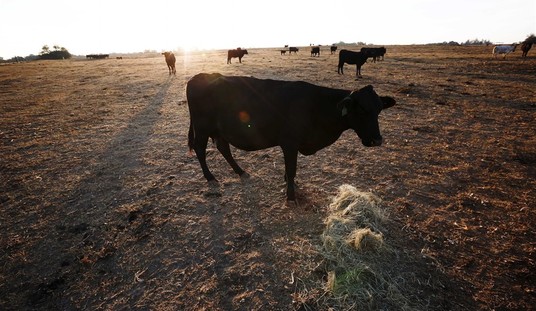For international observers familiar with the region, the prospect of a nuclear arms race in the Middle East is terrifying. In an area characterized by competition among state actors to fill the vacuum left by a retrenching United States, introducing a nuclear component to what is already a military contest could easily have disastrous consequences.
Proponents of the framework nuclear deal with Iran agree with this assessment. They claim that the prospective accord secures a non-nuclear future for the region, and all of its major state actors concur with the notion that the deal with Iran preserves a nuclear weapons-free future for the Middle East. While Middle Eastern nations may pay lip service to this condition, their actions indicate that a future marked by nuclear competition with it regional rivals is unavoidable.
In early March, Saudi Arabia signed a memorandum of understanding with South Korea that cemented an agreement to cooperate on the development of nuclear energy. “The MOU calls for South Korean firms to help build at least two small-to-medium sized nuclear reactors in Saudi Arabia, the South Korean presidential office said in a statement,” a Reuters report read. The Saudis are presently engaged in a hot war against Iranian proxy forces in Yemen, and are cautiously eyeing Tehran’s expanding influence in Iraq. For one of the world’s major petroleum exporters, the development of nuclear capabilities makes little sense outside the context of a nuclear insurance policy.
On Tuesday, the Saudis were joined by NATO’s most problematic member, Turkey, which revealed its intention to develop nuclear power capabilities. “Turkey held a ground-breaking ceremony for the construction of parts of its first nuclear reactor, sparking an angry protest by activists,” ABC News reported. “Turkey has chosen a French-Japanese consortium to build the country’s second nuclear plant on the Black Sea coast and also has plans to build a third to reduce the nation’s energy dependence.”
The nuclearization of the Middle East is hardly unexpected. Many predicted that an unchecked Iranian drive toward a nuclear weapon would ignite a regional nuclear arms race. The conclusion of the P5+1 negotiations with the Islamic Republican signaled to the world that the Western powers were prepared to capitulate in the face of Iranian aggression. Turkey, Saudi Arabia, Egypt, and other nations seeking to balance against Iran are not waiting for the West in order to secure their own futures.
A disturbing post in National Interest via John Carlson examines what a dark future characterized by nuclear proliferation in the Middle East prompted by a bad nuclear deal with Iran would look like.
“If others in the region become nuclear armed or even just nuclear capable, the strategic advantage Israel now enjoys will disappear,” he wrote. “It would be very risky to rely on nuclear deterrence in these circumstances.”
It is by no means a forgone conclusion that Iran wants nuclear weapons, though Iran no doubt believes that having the capability to produce nuclear weapons within a relatively short time – what is termed nuclear hedging – has major strategic value. It is essential to ensure that the consequences for crossing the threshold remain high enough to deter Iran from doing so. This will require the US to keep a high level of engagement in Middle East affairs for the foreseeable future.
For all the bluster of administration officials, there are few indications that the region’s concerned actors are responding positively to the framework nuclear deal concluded in March. Predictably, the Middle East’s nervous leaders have taken to tending their own atomic gardens.








Join the conversation as a VIP Member